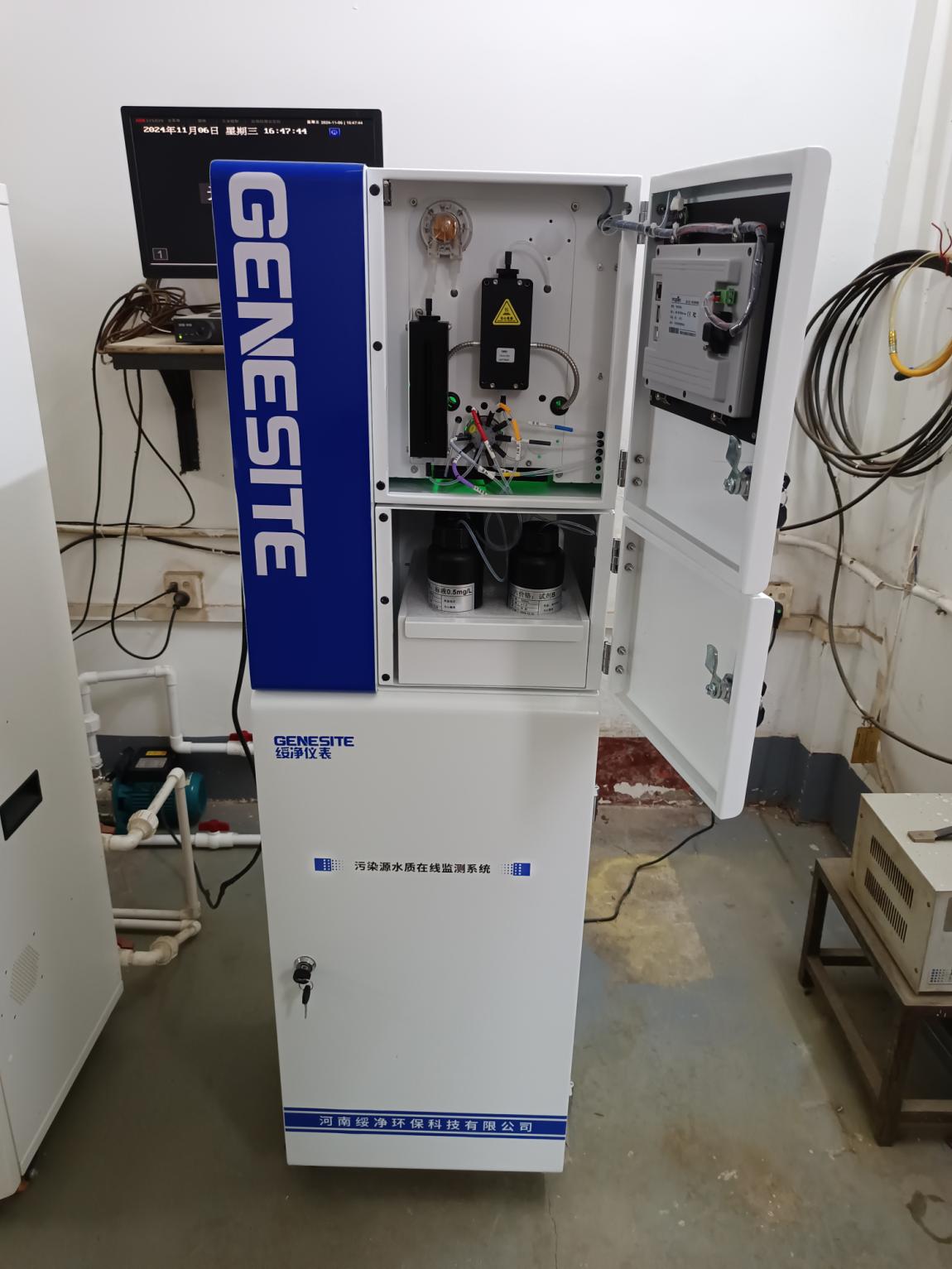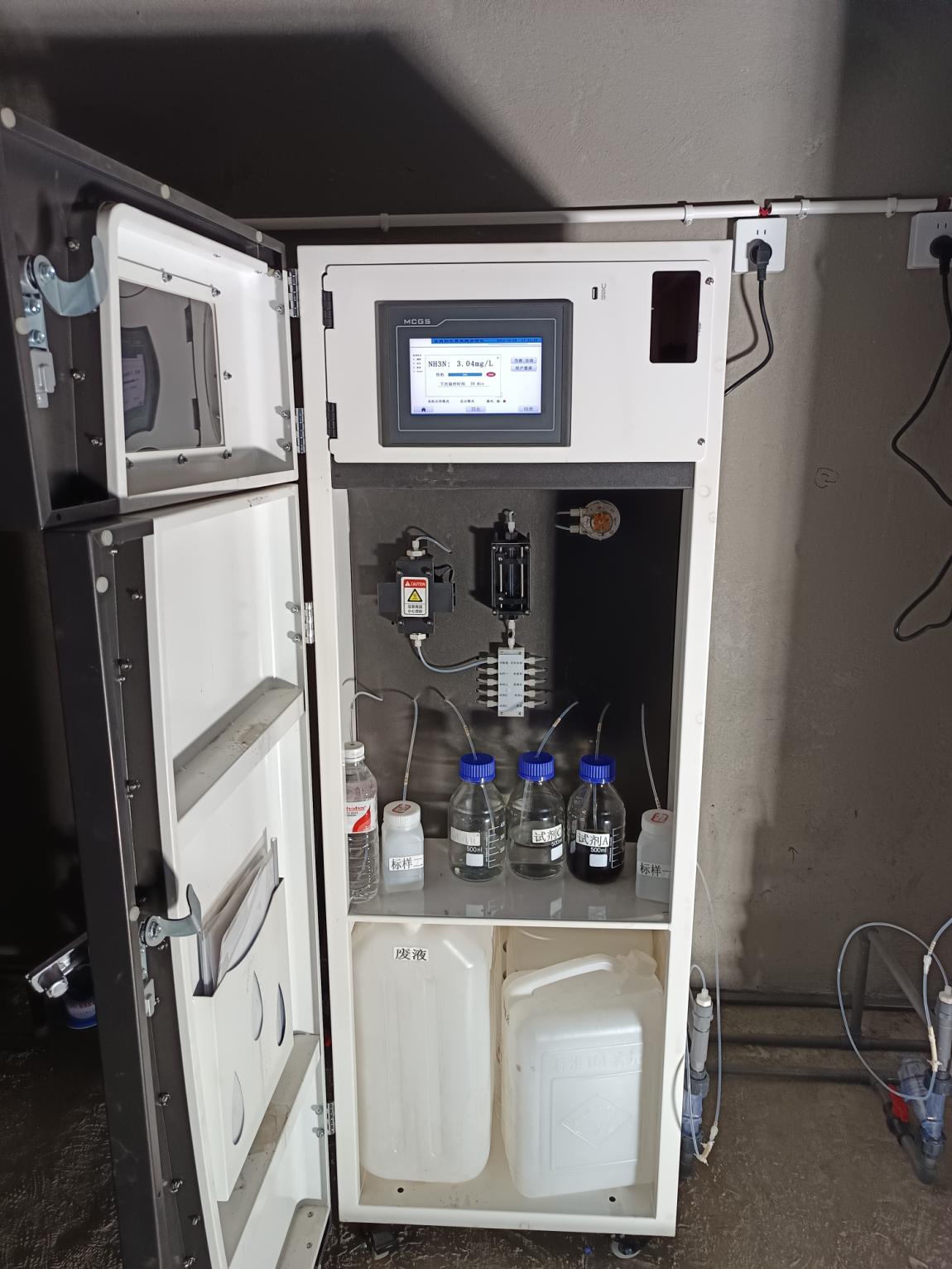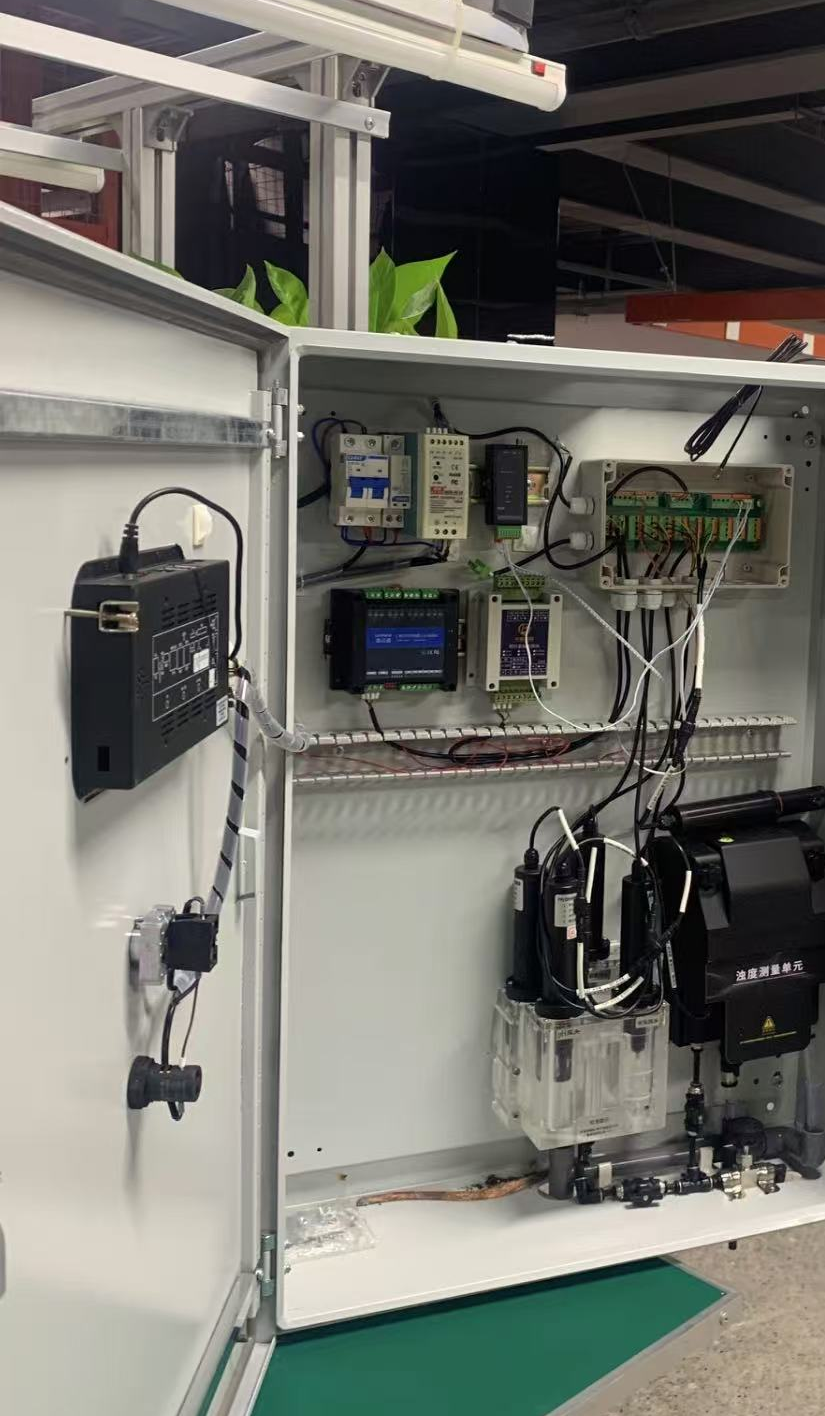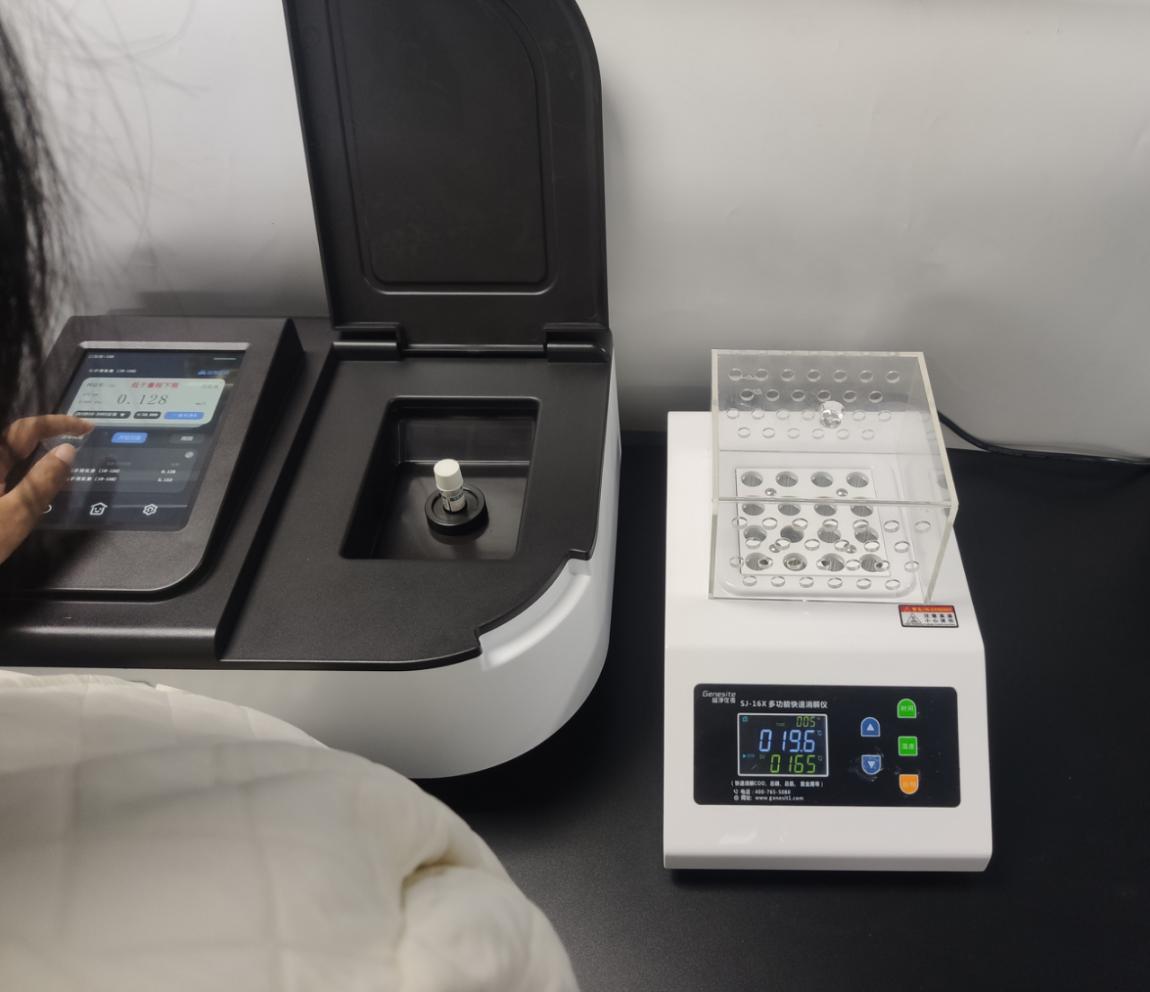GENESITE Environmental Protection Technology Co., Ltd.
How to test water quality? Detailed explanation of three methods for water quality testing(COD\BOD\PH\Water Hardness)
Nov 07,2024

1、 Chemical reagent method
The chemical reagent method is a common method for testing water quality. Firstly, it is necessary to purchase specialized water quality testing kits. Then, place the water sample into the test bottle and add the corresponding reagents according to the instructions in the kit. The water quality can be determined based on the degree of discoloration of the reagent.
This method is simple and cost-effective, but requires a certain level of chemical knowledge and experimental skills. Meanwhile, harmful substances that cannot be detected cannot be effectively analyzed.


2、 Portable electronic water quality detector
Portable electronic water quality detector is a new type of water quality testing tool that can usually be powered by batteries. Easy to operate, simply immerse the electrode in water to obtain test results for various indicators in the water, such as oxygen content, pH value, and water temperature.
Although electronic water quality detectors are convenient and easy to use, with short testing times, they require a certain cost to purchase and may not be as accurate as chemical reagent methods.

3、 Laboratory testing
If you want to test water quality more accurately, you can choose to seek help from a laboratory. Laboratory testing uses high-tech equipment and professional technology to detect more pollutants, such as heavy metals, bacteria, viruses, and radioactive substances. But it requires a certain amount of cost and time.

Summary
Each method has its advantages and disadvantages. If you want to quickly test the safety of household water, you can choose chemical reagent method or portable electronic water quality detector. If you need more accurate testing, you can seek help from the laboratory.
Regardless of which method is chosen, testing should be conducted regularly to ensure the safety of drinking water. Attention should also be paid to protecting water resources, reducing water pollution, and ensuring public health.
Contact Us
E-mail :
andrew@genesit1.com
Phone:
+8615896508337
Address:
Chanhe Industrial Park,LuoYang City, Henan Province,China


Request Quote
COOKIES
Our website uses cookies and similar technologies to personalize the advertising shown to you and to help you get the best experience on our website. For more information, see our Privacy & Cookie Policy
COOKIES
Our website uses cookies and similar technologies to personalize the advertising shown to you and to help you get the best experience on our website. For more information, see our Privacy & Cookie Policy
These cookies are necessary for basic functions such as payment. Standard cookies cannot be turned off and do not store any of your information.
These cookies collect information, such as how many people are using our site or which pages are popular, to help us improve the customer experience. Turning these cookies off will mean we can't collect information to improve your experience.
These cookies enable the website to provide enhanced functionality and personalization. They may be set by us or by third-party providers whose services we have added to our pages. If you do not allow these cookies, some or all of these services may not function properly.
These cookies help us understand what you are interested in so that we can show you relevant advertising on other websites. Turning these cookies off will mean we are unable to show you any personalized advertising.
SAF Coolest v1.3.1.2 设置面板 GAGSD-AGYF-JZZQE-ZAV
无数据提示
Sorry,当前栏目正在更新中,敬请期待!
您可以查看其他栏目或返回 首页

